
Environmental Sustainability and Climate Change
Overview
At the Milken Institute, as part of our mission to help people build meaningful lives, we work to ensure an environmentally sustainable future. Across the Milken Institute, we have robust content and programming to transform the food system's access to healthy food, promote access to affordable power and clean water, and advance public-private partnerships that promote resiliency and climate equity. Explore our key initiatives below.
Recalibrating Climate Finance 2025-2035
The race to decarbonize the global economy depends on the success of efforts to unlock and mobilize trillions of dollars to finance climate mitigation and adaptation, especially for the countries and populations most vulnerable to the effects of climate change. Learn more about the high-impact climate deployment strategies we are recommending for the next decade.

Energy Transition and Capital Markets
Achieving a Net-Zero carbon world by 2050 demands bold action to cut greenhouse gas emissions and reshape global business. For over a decade, MI’s Global Capital Markets Advisory Council (GCMAC) has been a private forum for CIOs managing over $32 trillion in assets to tackle opportunities and challenges together.
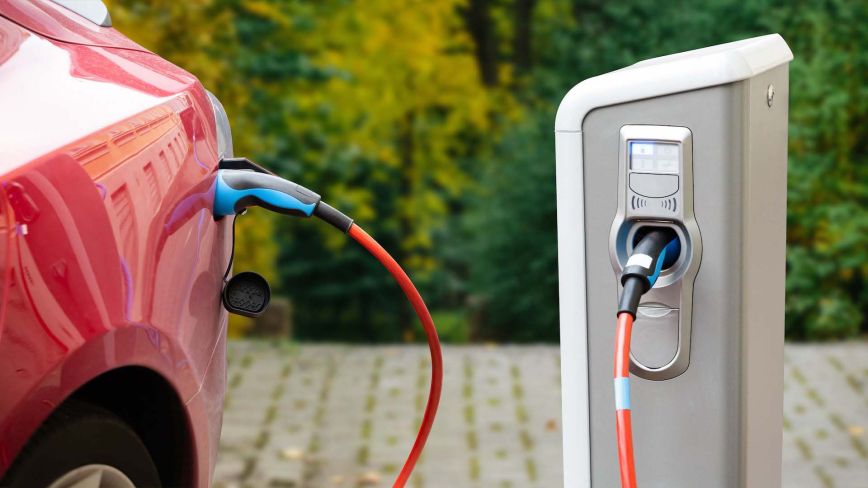
Climate Resilient Infrastructure
The US will need $27 trillion in infrastructure financing by 2050 to ensure resilience and equitable growth. The Institute’s Climate Resilient Infrastructure Financing Initiative connects leaders to address capacity gaps and provides technical support through the Community Infrastructure Center, aiming to help 10,000 underserved communities advance climate projects in 3–5 years.

Risk Management
With a preeminent network of capital providers, data scientists and financial services professionals, the Milken Institute helps facilitate conversations to define and analyze financially material investment risks and design management plans to ensure that companies and communities are protected against future shocks to their long-term resiliency.
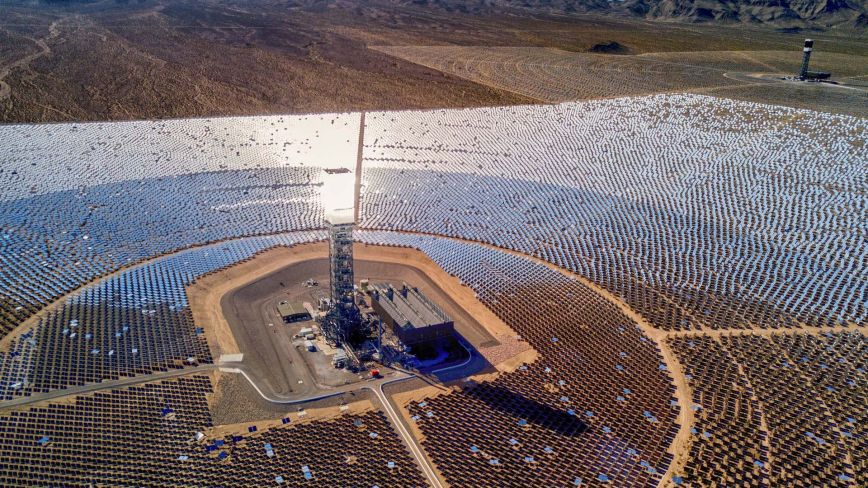
Food Systems
Uniquely positioned at the intersection of issues that impact finance and health, the Institute’s Feeding Change work activates social and financial capital, engages policymakers and industry leaders, and convenes key stakeholders to catalyze a more nutritious, equitable, sustainable, and resilient food system.

Environmental Sustainability and Climate Change
Related Content
-

In the Hot Seat: Financing Asia's Heat Resilience
By 2050, nearly 1.2 billion people in Asia are projected to be exposed to lethal heat waves. Without action, heat-related productivity losses alone could reduce regional GDP by 25–30 percent by 2048, threatening competitiveness, food...Read ReportImage
Ella Tan
Associate Director, Asia, Milken Institute InternationalElla Tan is an associate director, Milken Institute International in Singapore. Her current research focuses on vaccination access and delivery, the opportunities and challenges for technology to transform mental health care in Asia, and the role of cloud technology to enhance resilience and advance the Environmental, Social, and Corporate Governance (ESG) goals of the financial sector. -

The New Investor Narrative: Discussion Document
In an era marked by geopolitical volatility, rapid technological change, rising energy demand, and intensifying extreme weather, investor interest in climate resilience remains strong. For investors, climate mitigation, adaptation, and...Read ReportIn an era marked by geopolitical volatility, rapid technological change, rising energy demand, and intensifying extreme weather, investor interest in climate resilience remains strong. For investors...
-

As COP30 Convenes, New Research Shows Path for Climate Investor Action: Lead with Economic Benefits, Not Crisis
Milken Institute-Harris Poll research of 7,000+ people globally finds investment appetite remains strong but requires reframing around local solutions and economic opportunity Belém, Brazil (November 9, 2025)—A new global study released...Read ArticleBelém, Brazil (November 9, 2025)—A new global study released today ahead of COP30 by the Milken Institute and The Harris Poll reveals that while 95 percent of people worldwide believe climate change...
 LR
LR
-

Unintended Consequences: Trade and Supply Chain Leaders Respond to Recent Turmoil
The global economy has entered a new, more volatile era, defined by compounding disruptions in technology, climate resilience, and global trade. In response, the Milken Institute launched the Geo-Economics Initiative in 2024 to help...Read ReportThe global economy has entered a new, more volatile era, defined by compounding disruptions in technology, climate resilience, and global trade.
-

The Impact of Mining on Local Communities
Global mining demand from clean energy technologies is projected to double—or more—by 2040. Meeting this demand through increased mining activity is crucial to addressing climate change, but it will also significantly and disparately impact...Read ReportImage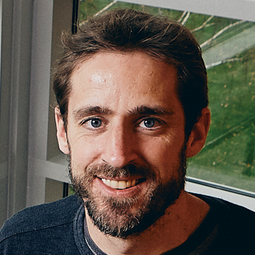
Brock Smith
Director, ResearchBrock Smith, PhD, is a director on the research team at the Milken Institute. His research has focused on environmental economics and natural resource economics, particularly the economic and social effects of natural resource booms. -

After the Fires, the Fires Still Burn
On January 7, 2025, the Los Angeles metropolitan area experienced something unprecedented in modern American history. Two simultaneous urban fires broke out in Los Angeles County, fueled by a nine-month drought and hurricane-strength winds...Read Article -
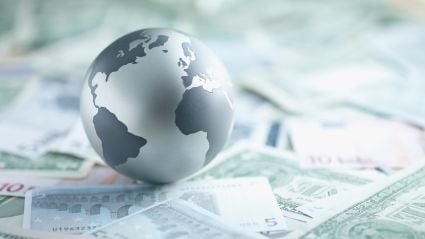
Debt and Climate Change: The New Playbook
By now, we all know the story—the world is going through a disruptive, transitional phase at historical levels. The dislocating effects of globalization have eroded support for the existing multilateral system, while exposing deficiencies...Read ArticleImage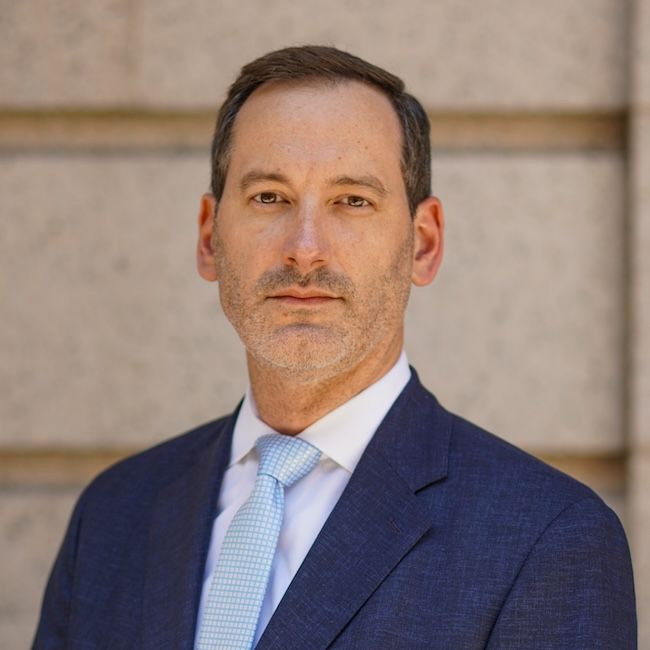
Matthew Aleshire
Director, Geo-EconomicsMatthew Aleshire is director on the Milken Institute’s Geo-Economics Initiative and helps to lead the work around the topics of climate change, the global financial architecture, and international political economy. Aleshire previously focused on global policy and government engagement for the Milken Institute, overseeing efforts to advance policy solutions across the Institute’s research and convenings. -
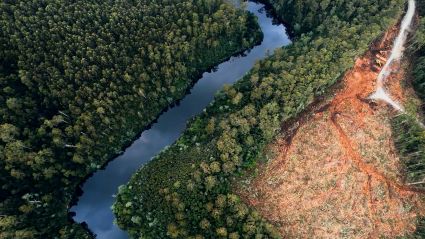
Cross-Sector Collaboration for Global Financing Solution to Address Deforestation
The preservation of the world’s tropical forests is a critical challenge. Globally, deforestation continues to rise, driven by socioeconomic factors and the compounding effects of climate change, driving biodiversity loss and water...Read Essay -

Improving Small Business Disaster Response and Recovery
The Disaster’s Next Wave When a natural disaster strikes, the physical destruction and its costs typically dominate the headlines. Less attention is paid to the secondary effects disasters have on a community—especially its small businesses...Read ArticleImage
Kristen Fanarakis
Associate Director, Small Business Policy and InnovationKristen Fanarakis leads the small business policy, entrepreneurship, and innovation initiative within the Milken Institute’s Finance pillar. She focuses on the macroeconomic and systemic trends affecting American small businesses and startups, and the implications for the economy and innovation.
Learn More
Discover more about the Milken Institute's climate-focused initiatives here.




